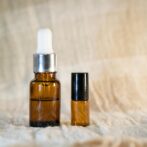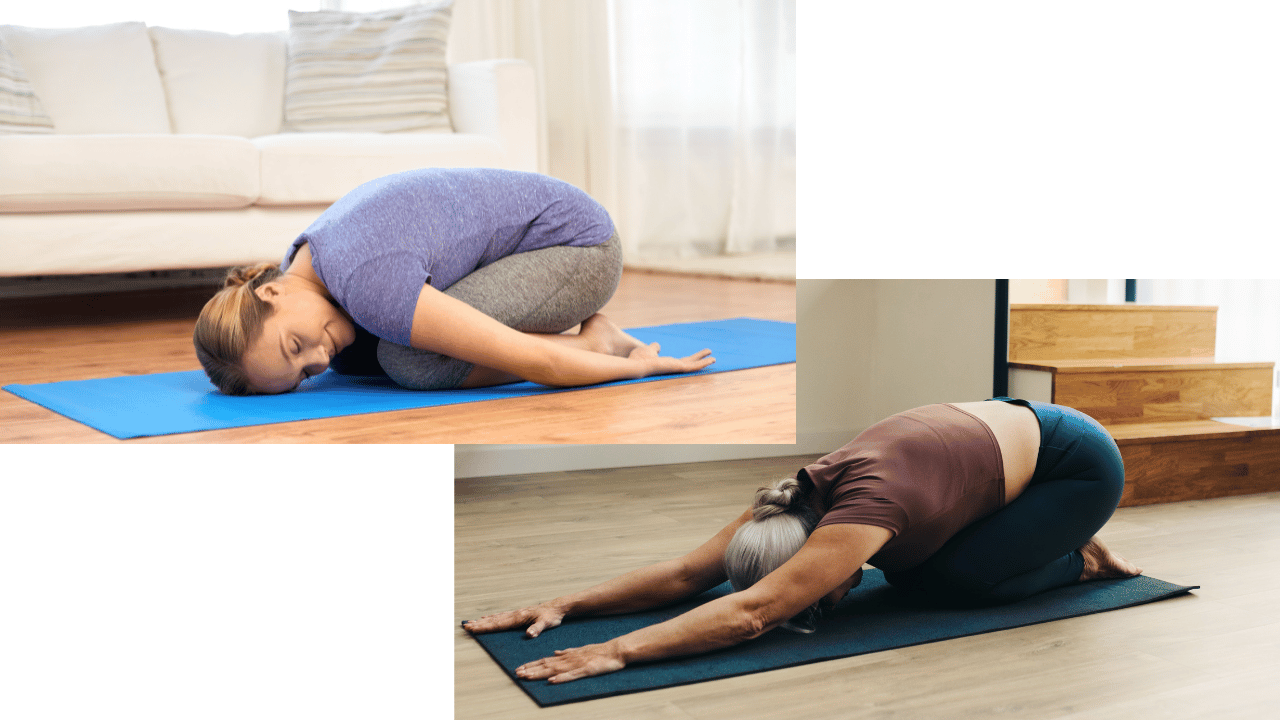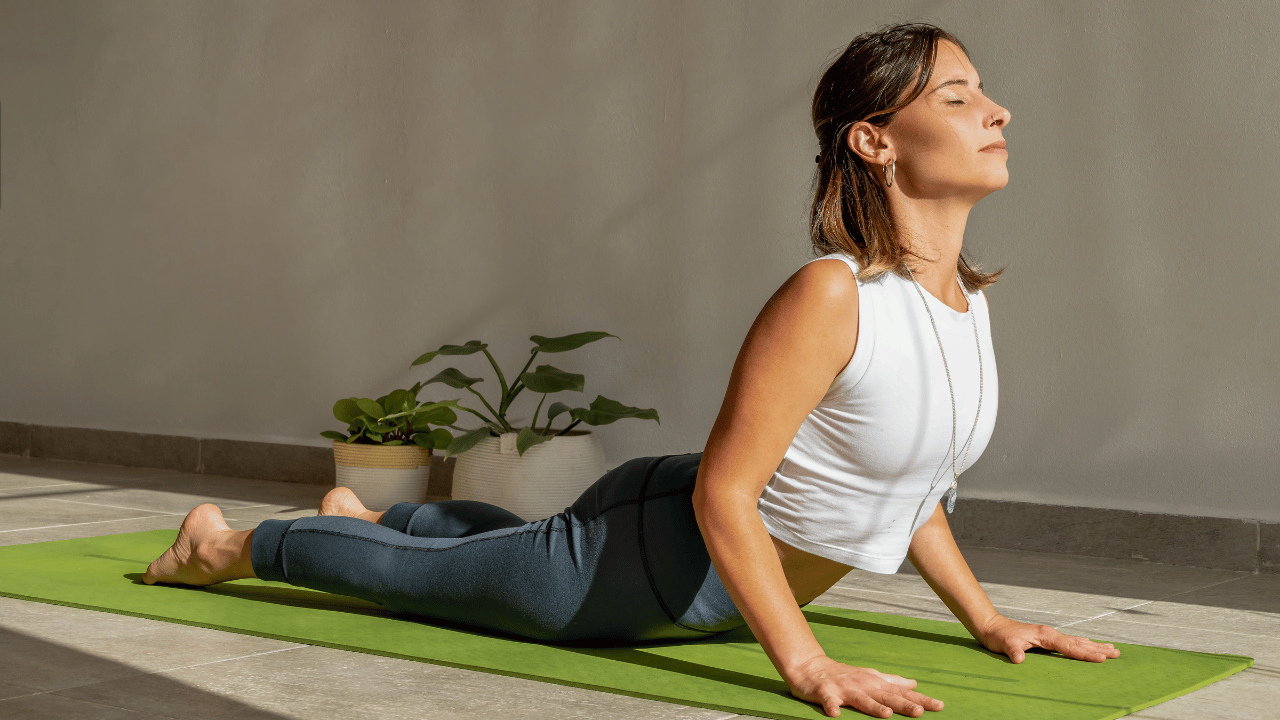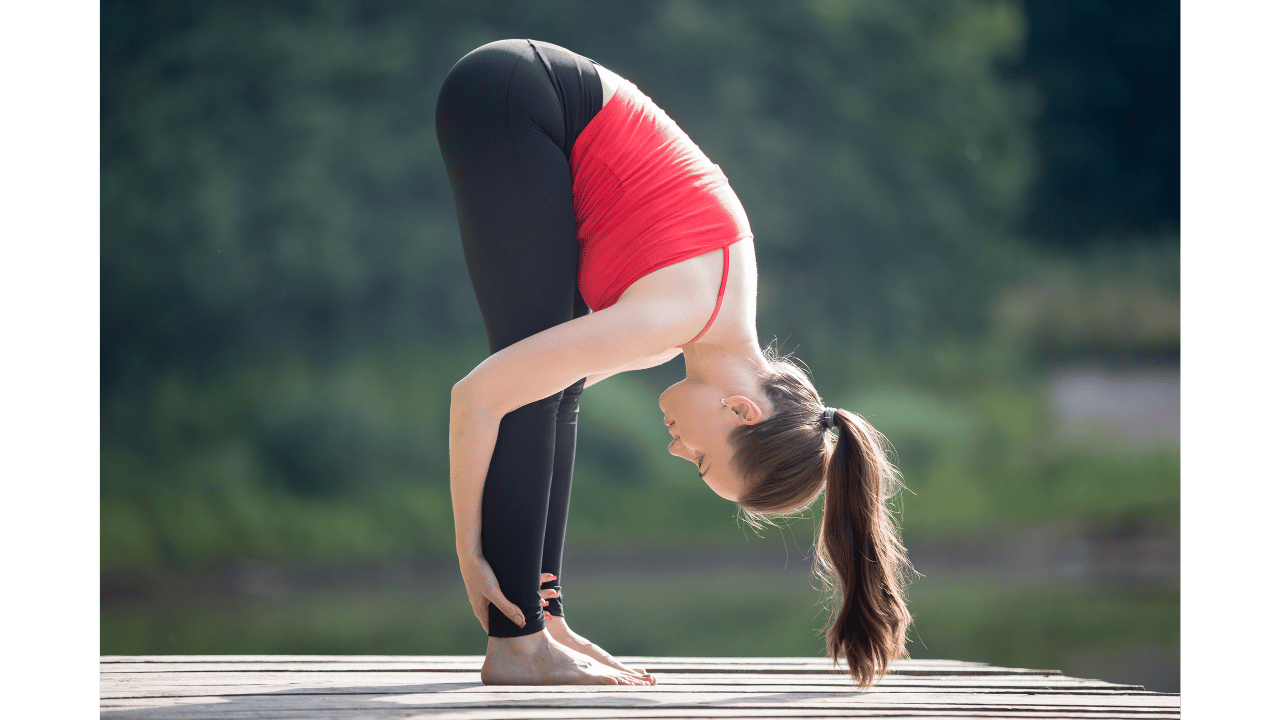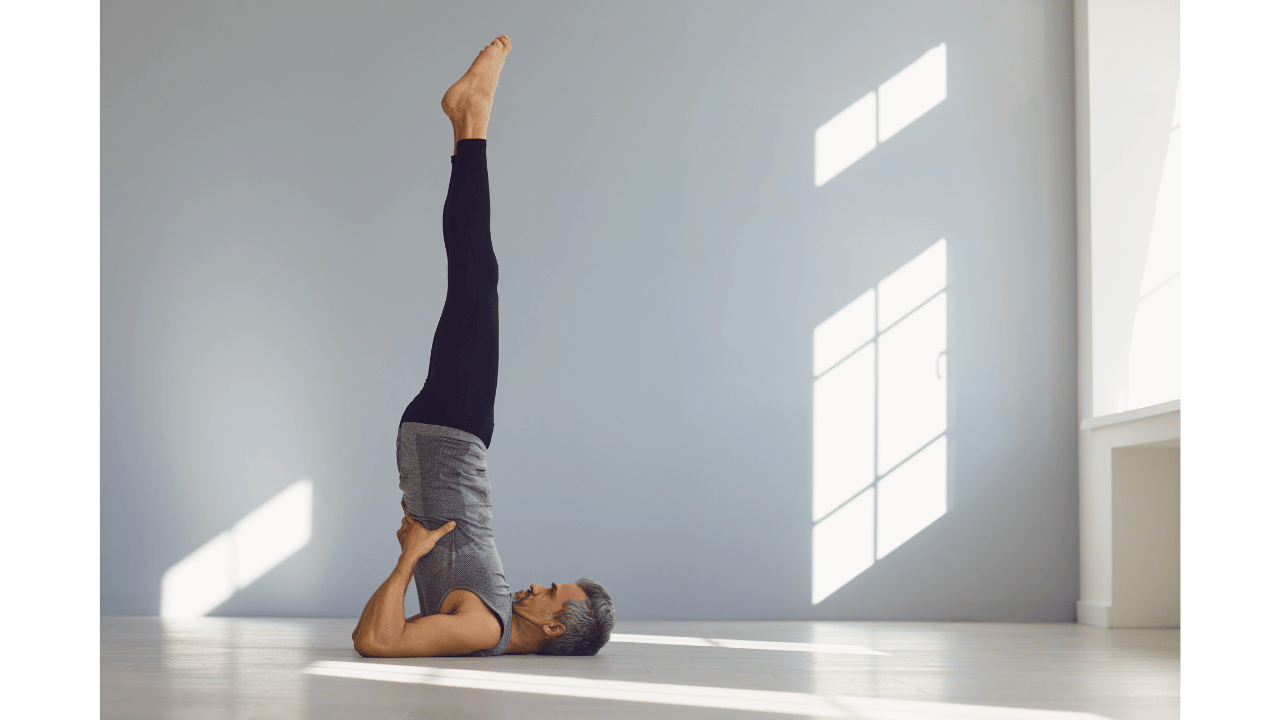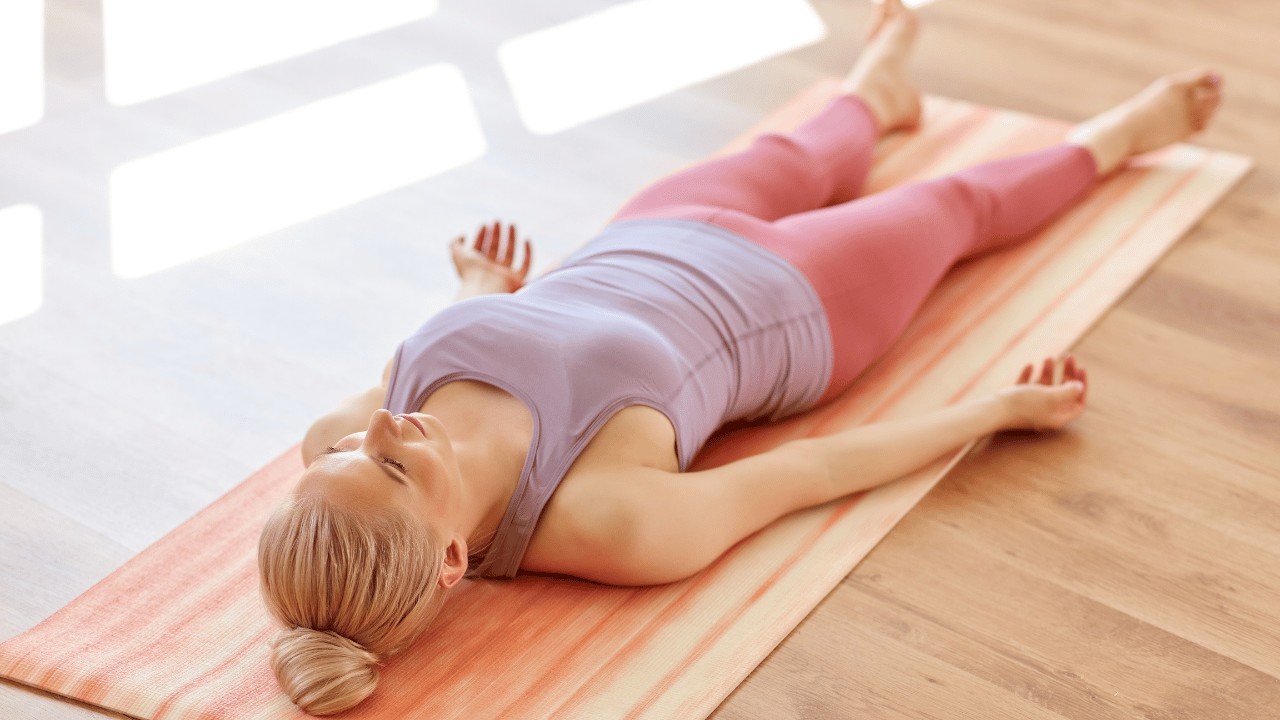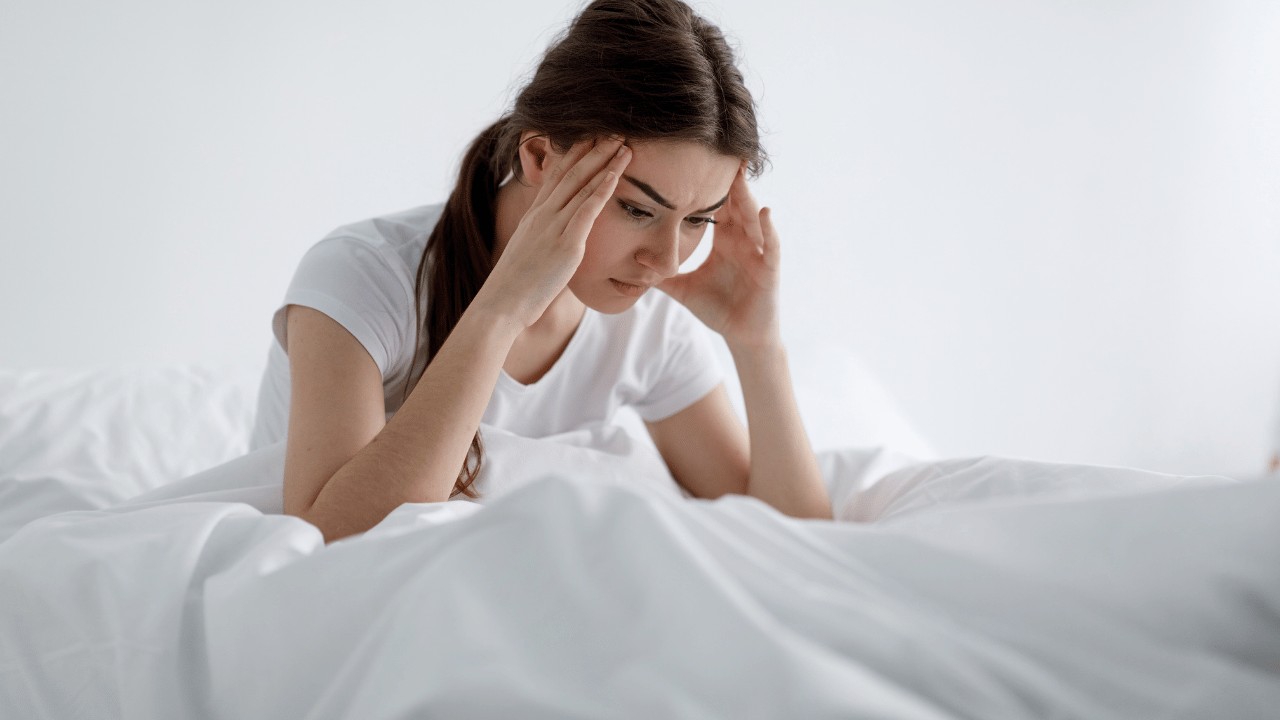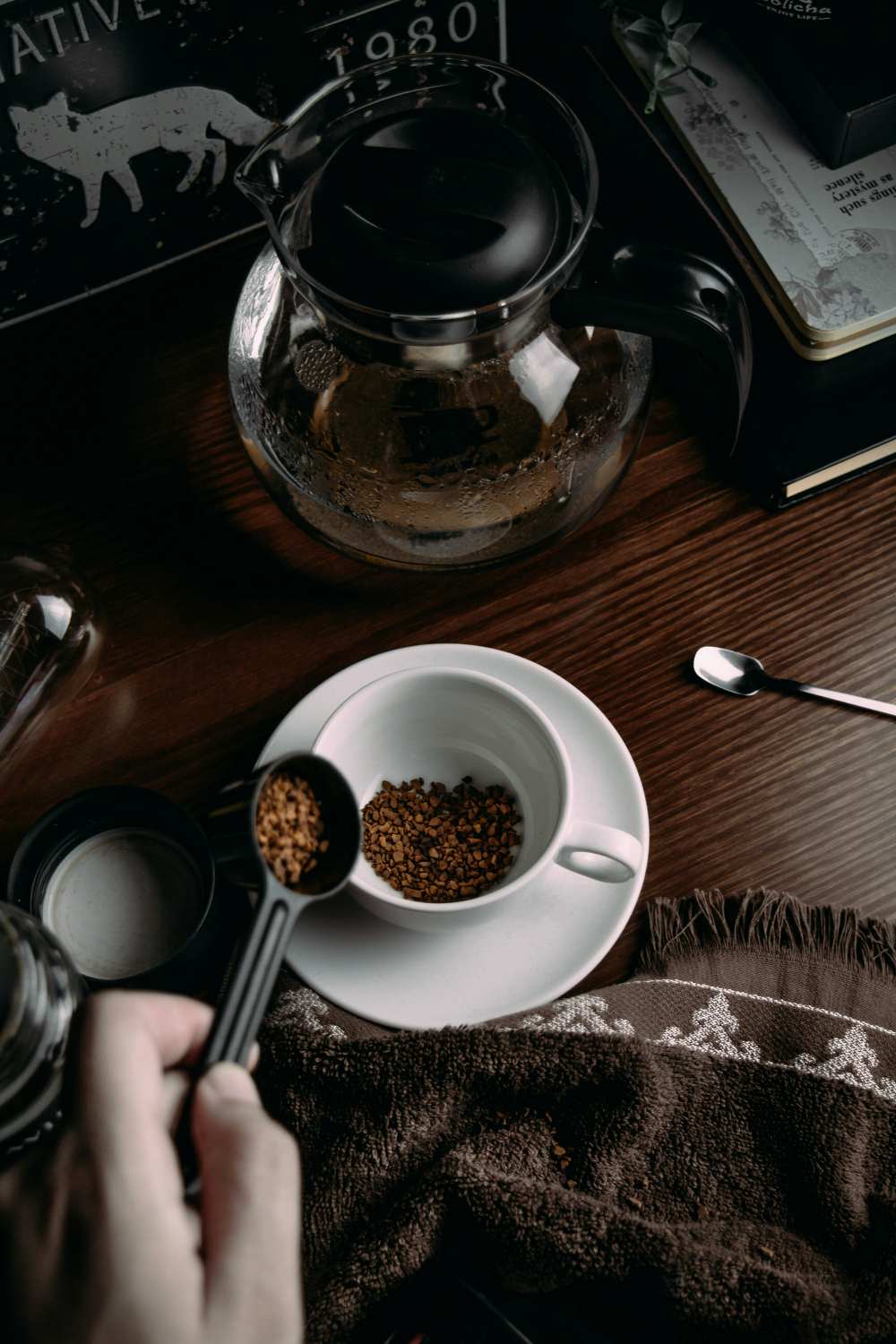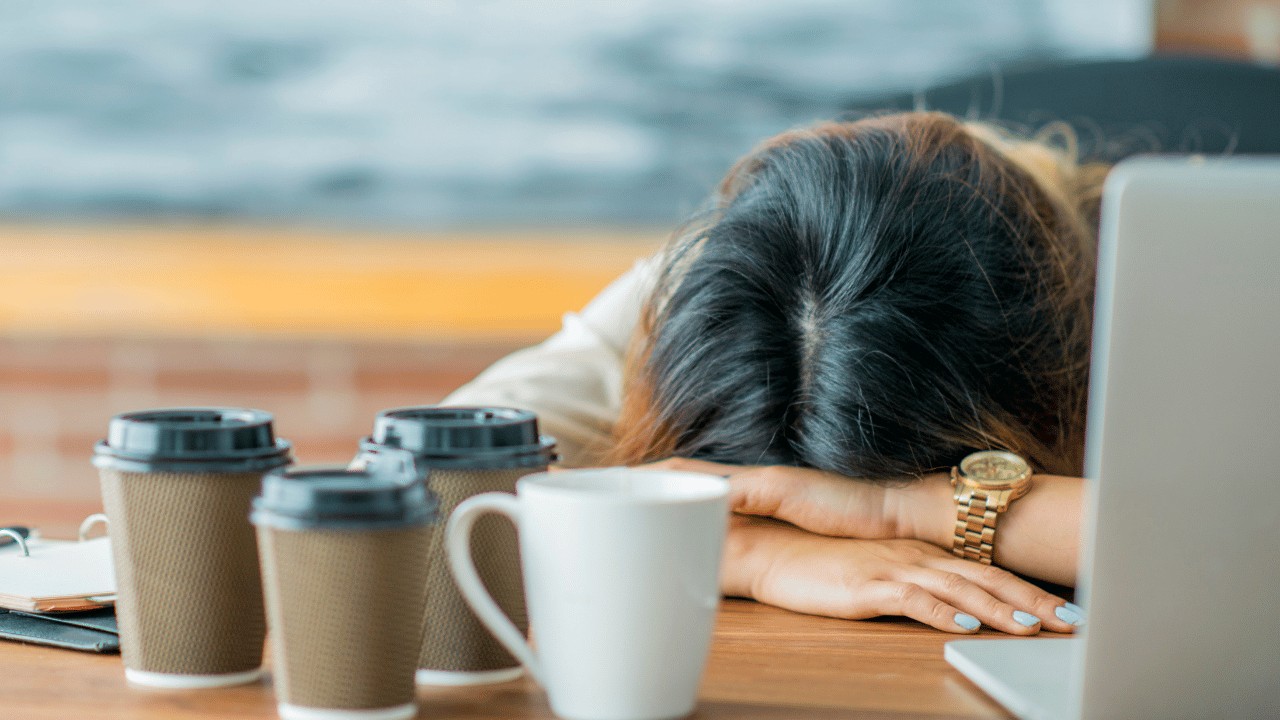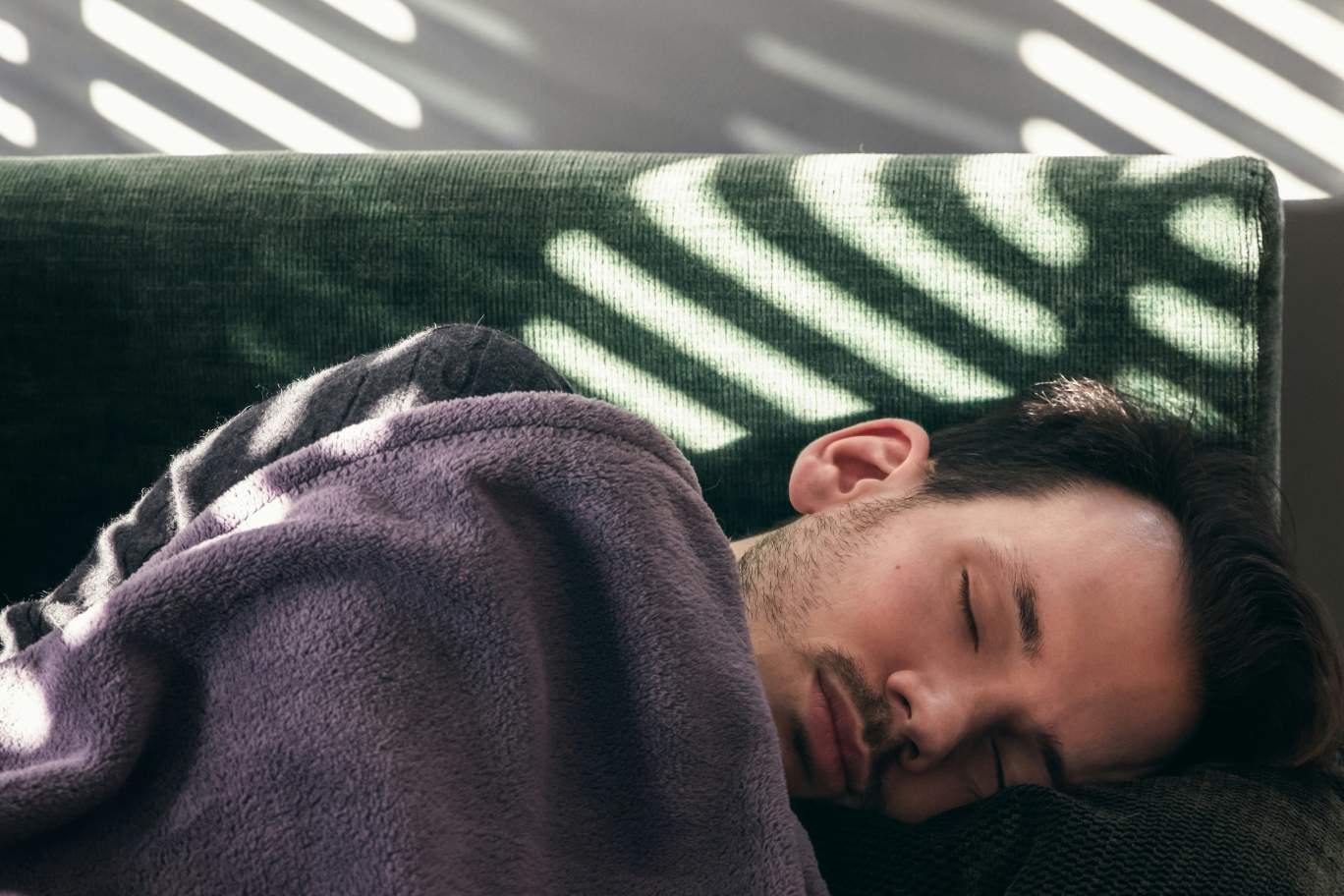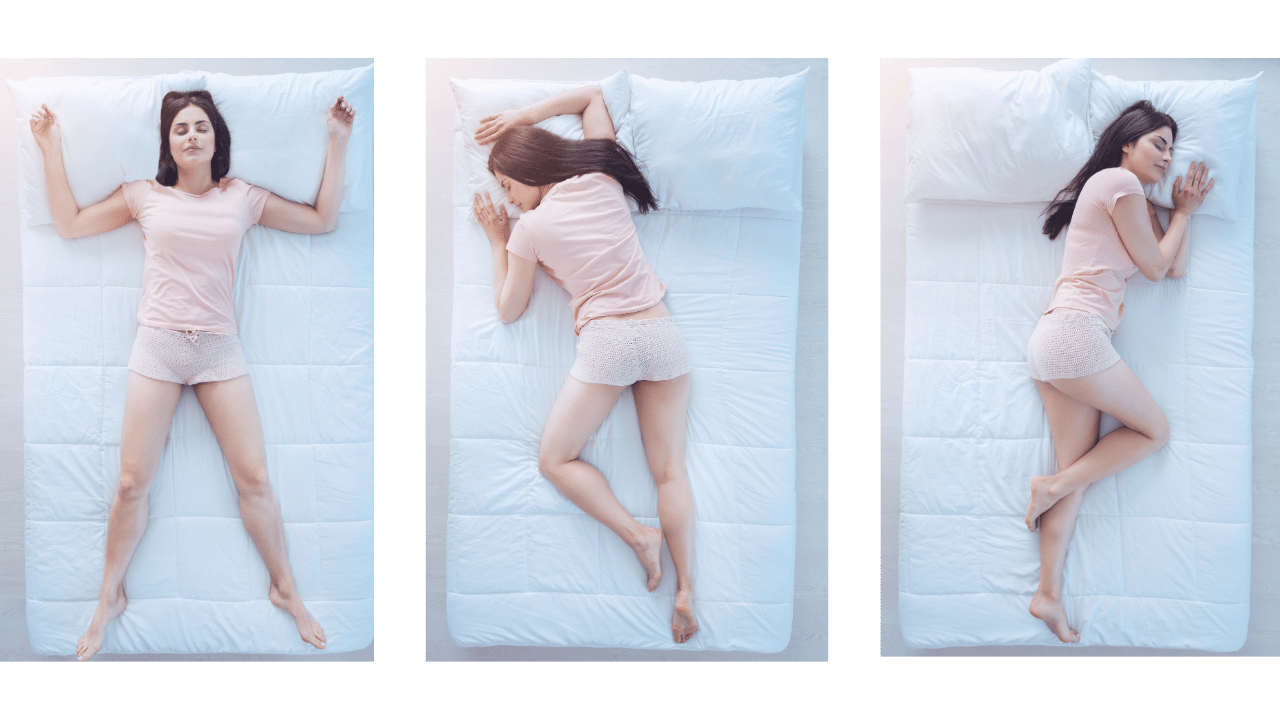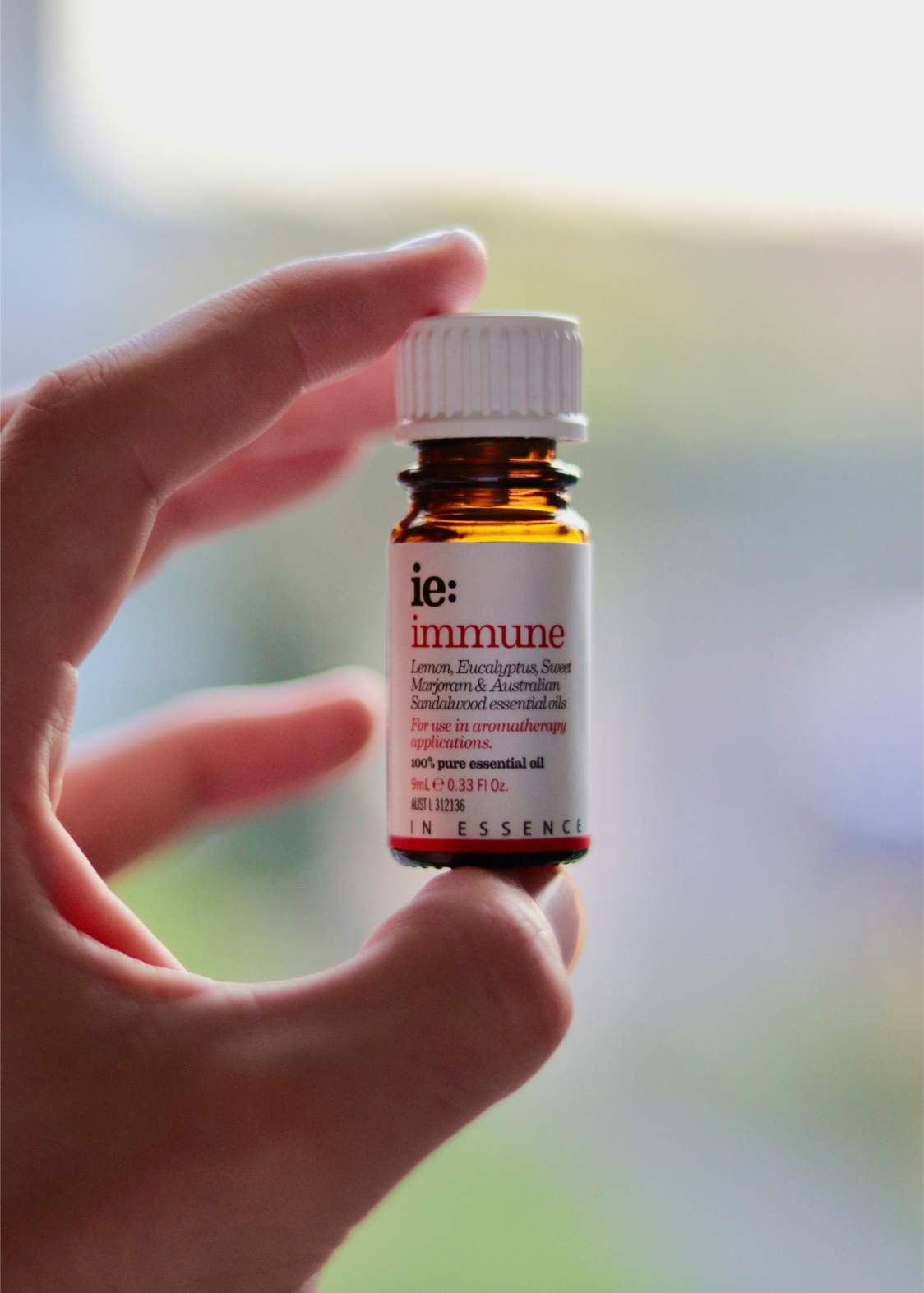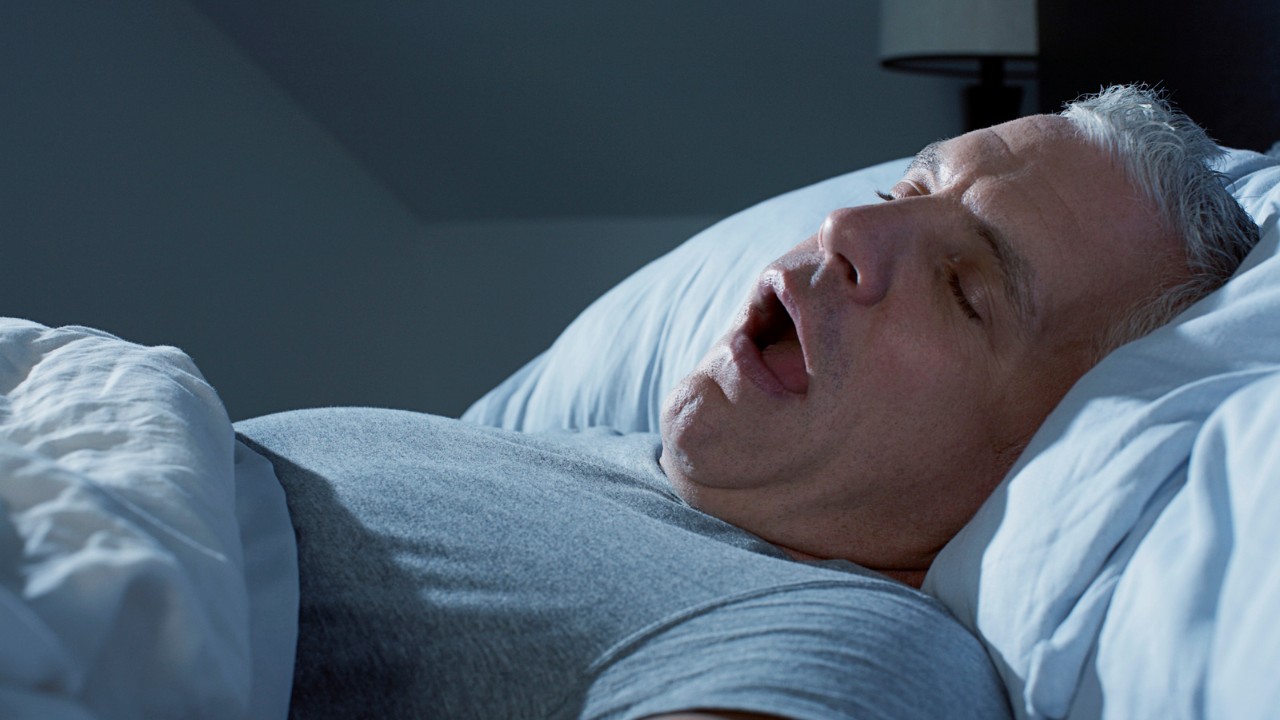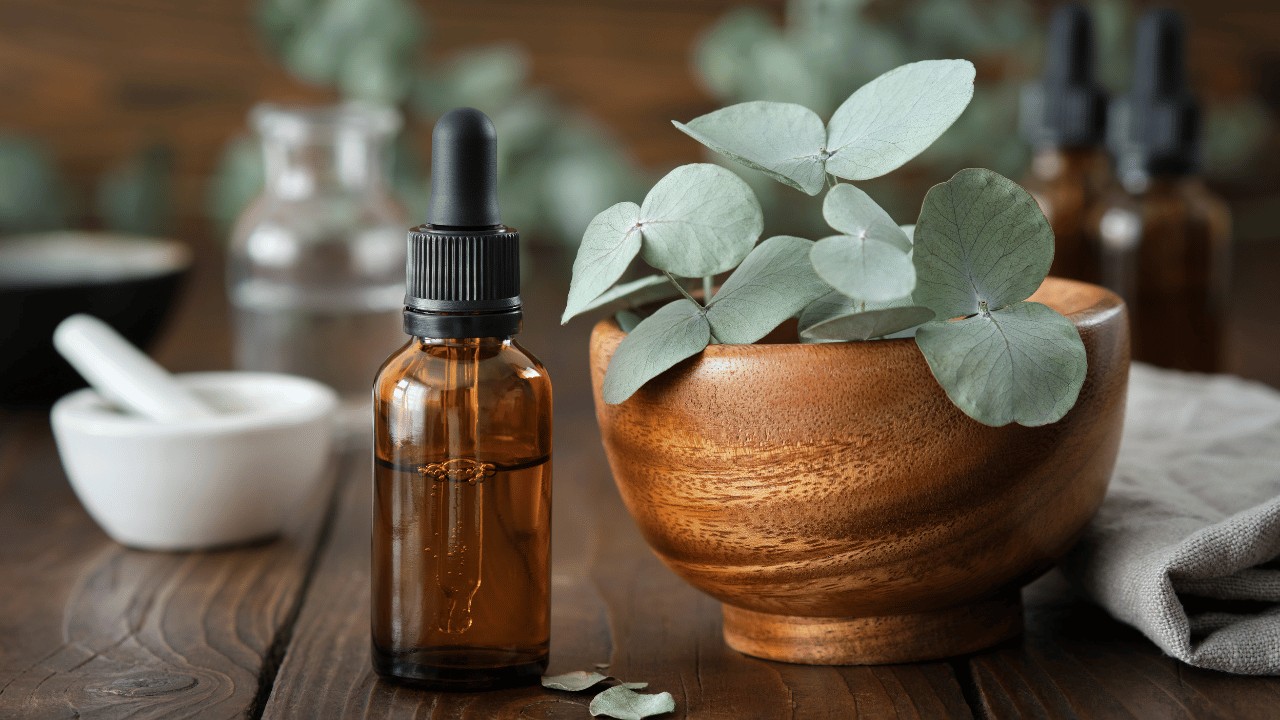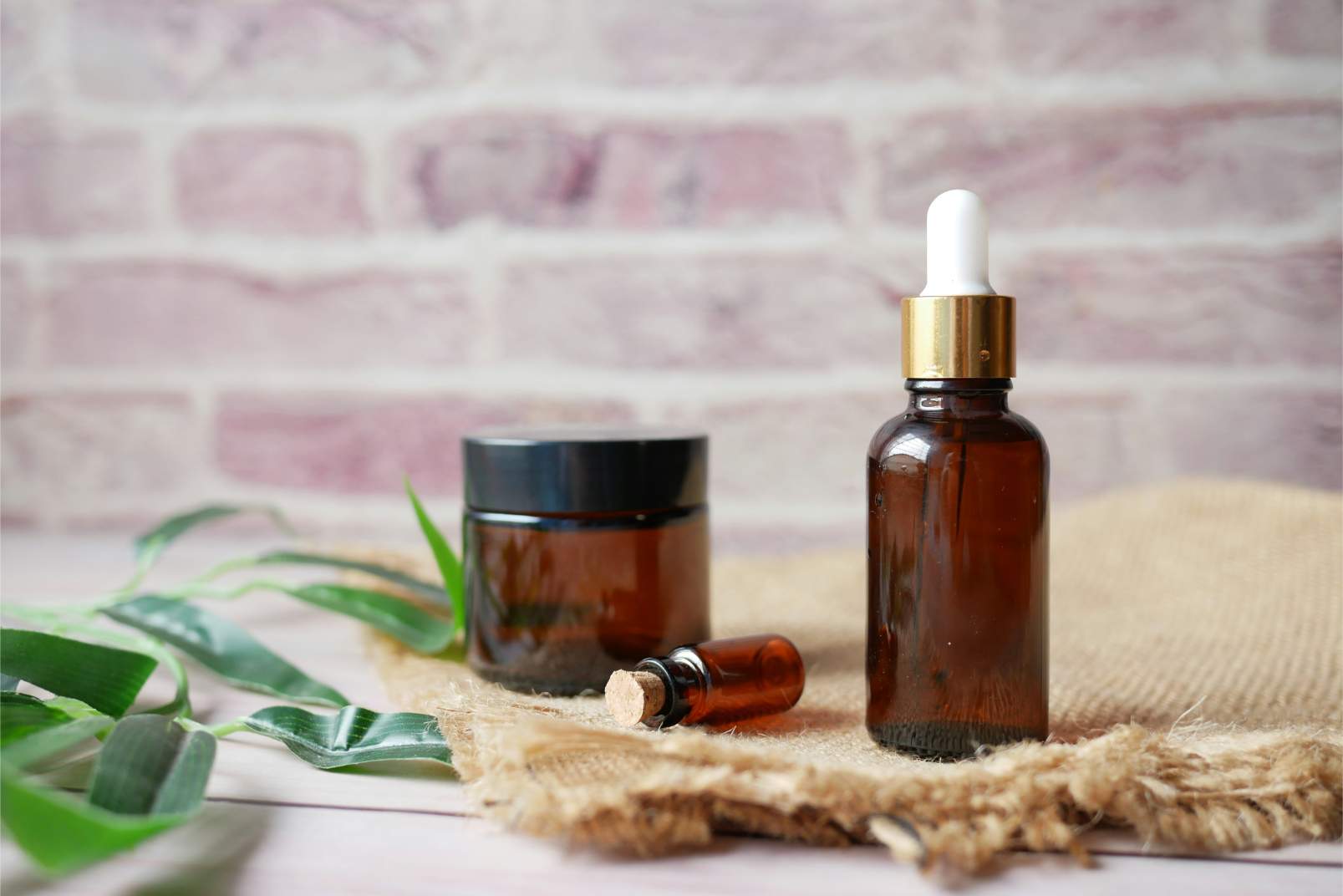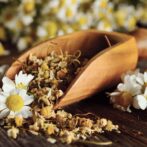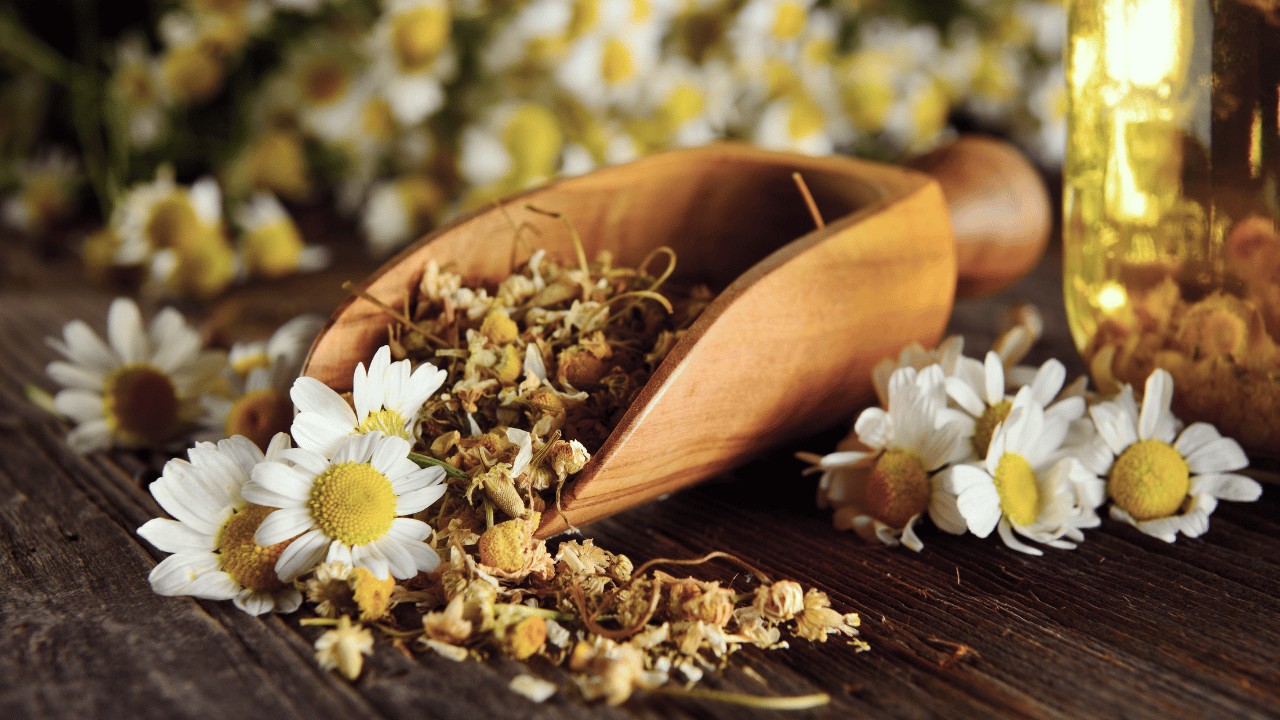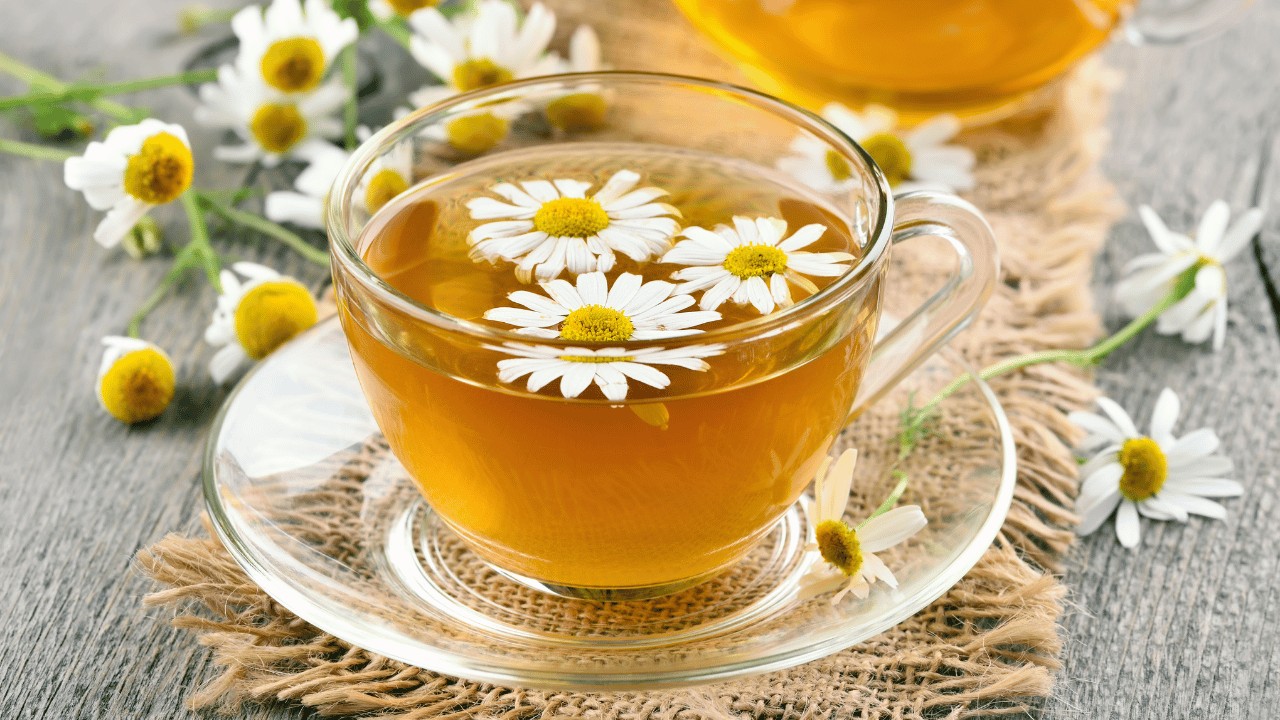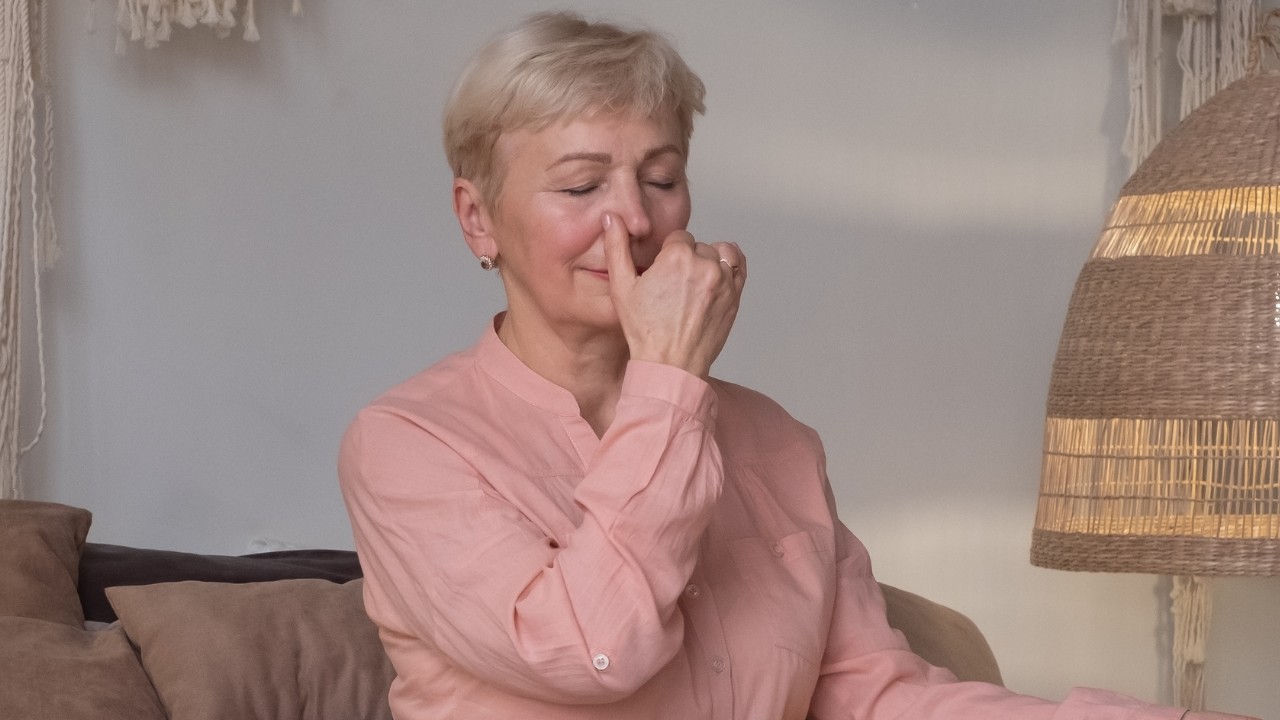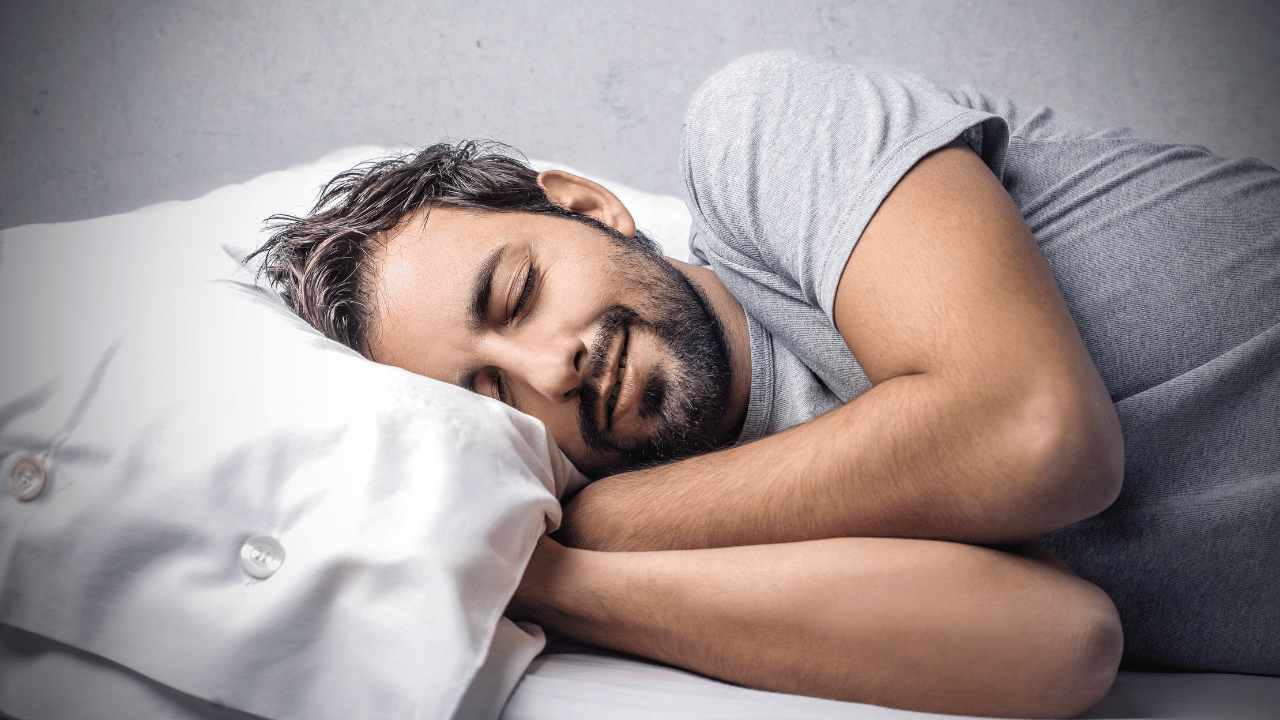Peppermint Oil for Sleep Apnea
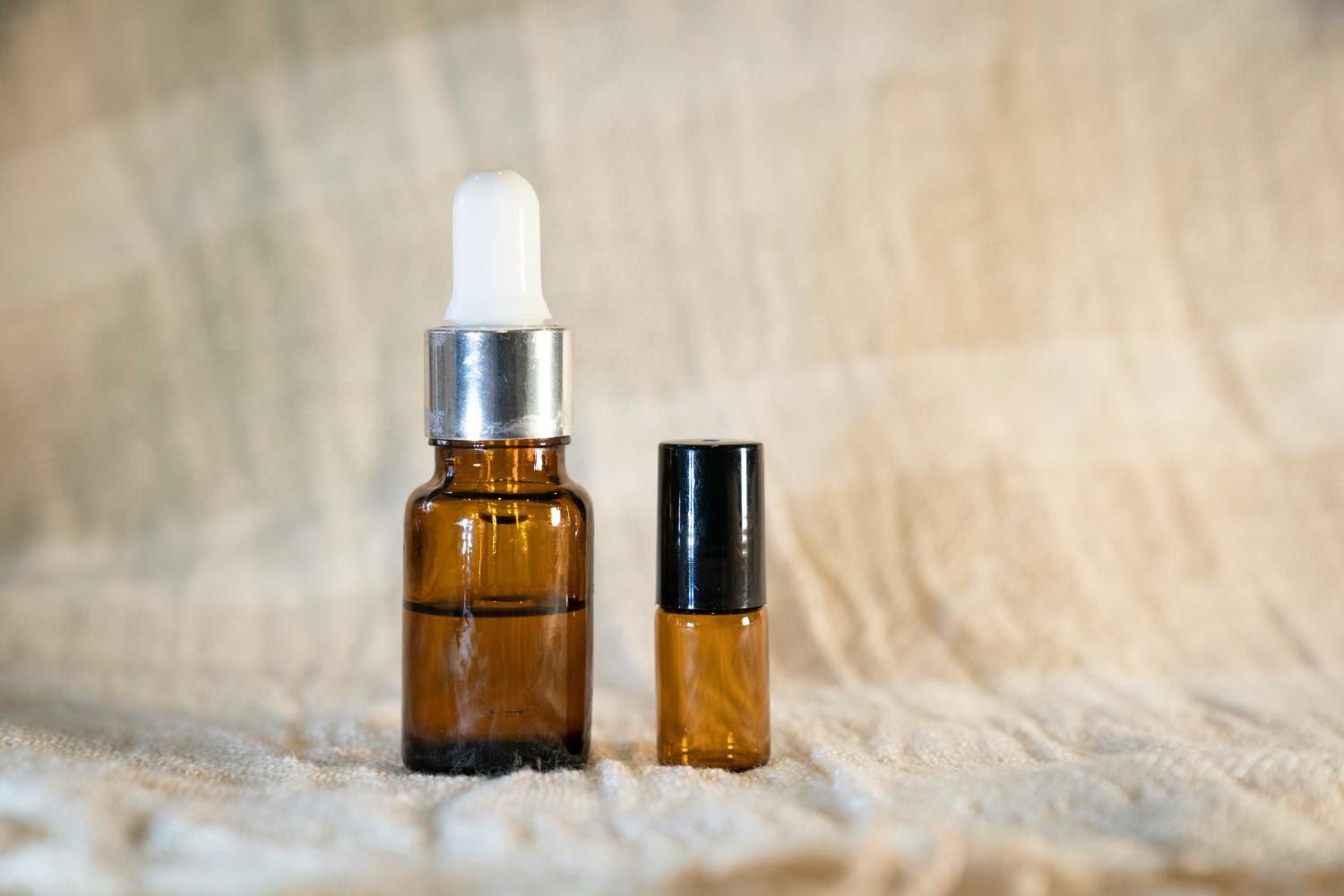
Essential oils have long been used as holistic natural sleep aids for sleep apnea, primarily because many people find that they are soothing and relaxing and help reduce stress levels so that they can approach bedtime with a positive, calm mindset.
Peppermint oil is one such product. While some studies suggest it helps to lower the frequency of nighttime waking, the actual benefits may also be associated with the fact that products like peppermint and menthol can help to clear your sinuses and support breathing–hence their use in countless cold treatments.
In this post, we’ll review peppermint as a supplement for sleep apnea, discuss how you might like to try this essential oil, and highlight a few of the other plant-based sleep apnea remedies popular among sufferers looking to proactively promote healthy nighttime breathing.
The Sleep-Related Properties of Peppermint Oil
Peppermint oil is sold as an essential oil, muscle rub, and diluted concentrate for use in misters. However, it is never advisable to put an essential oil into any part of a CPAP machine, mask, or filter.
One reason this natural menthol oil is often used in sleep products is that it may help clear sinuses and is naturally anti-inflammatory, which could potentially have some effect on sleep disorders like sleep apnea.
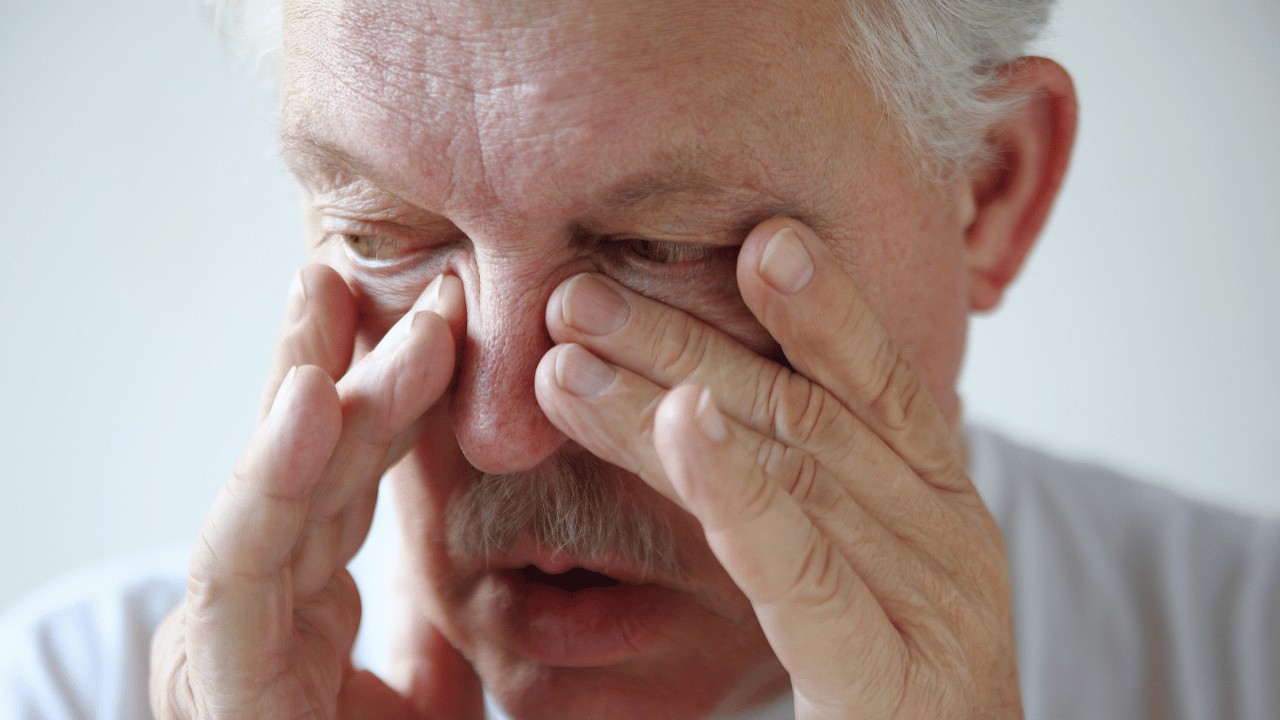
Evidence and Research Around the Use of Peppermint Oil for Sleep Apnea
Clinical research has identified that peppermint oil may go some way to helping to lower levels of oxidative stress and inflammation, albeit with limited data available, and recommendations for further trials to quantify the extent to which the essential oil can tackle inflammation. These properties are relevant to sleep apnea, while not being a cure, because:
- Lower blood oxygen levels and drops in natural lung ventilation can contribute to inflammation; obstructive sleep apnea is often associated with inflammation in the throat and upper airway.
- ‘Oxidative stress’ is the technical name for an imbalance in cellular processes, which counteracts antioxidants in a similar way to exposure to pollution.
Therefore, although peppermint oil isn’t likely to be an effective standalone way to overcome sleep apnea, the essential oil’s known properties and the established correlations between sleep apnea, inflammation, and oxidative stress may form part of your approach.
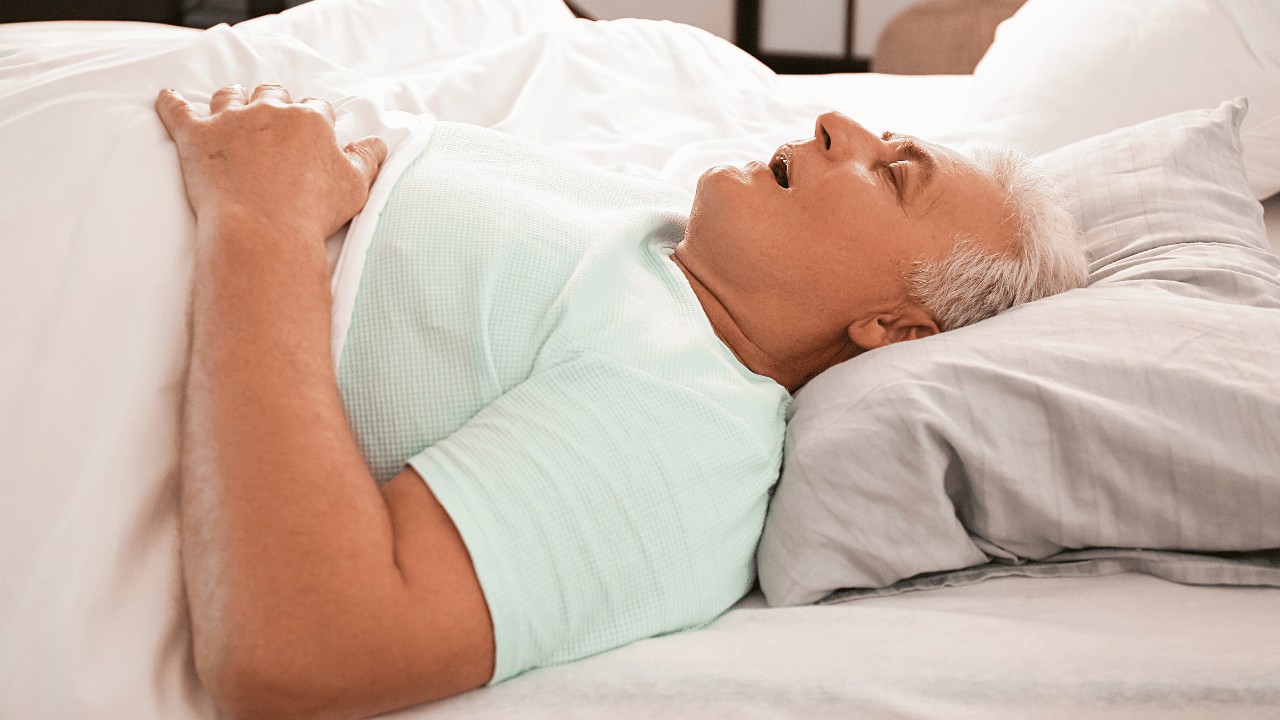
Alternative Essential Oils Used in Sleep-Boosting Products
There are thousands of potential essential oils that are thought to be useful in relaxation, forming bedtime routines, and helping sleep apnea sufferers feel calmer–all of which may enable you to fall asleep faster. Some of the popular options include:
- Lavender oil, which is commonly sold as diffuser oils, bath foams, and massage oils or within heated wheat bags
- Citruses like lemon and eucalyptus oil have similar menthol properties to peppermint and are thought to help reduce anxiety or congestion caused by sinus blockages
- Clove oil, a potent essential oil used in natural cough and cold remedies, and also available as an oil-based product
Each may prove more or less effective, depending on the underlying causes of your sleep apnea. However, most experts believe that natural and holistic products like essential oils are far more likely to be beneficial for people with obstructive sleep apnea rather than more complex types of the condition.
If you’d like to learn more about sleep health, natural sleep aids, and how to reinforce your breathing to assist in healthy nighttime breathing, Sleep Apnea Solution has a wealth of further information and audio tracks to guide you through the most effective breathing routines!

